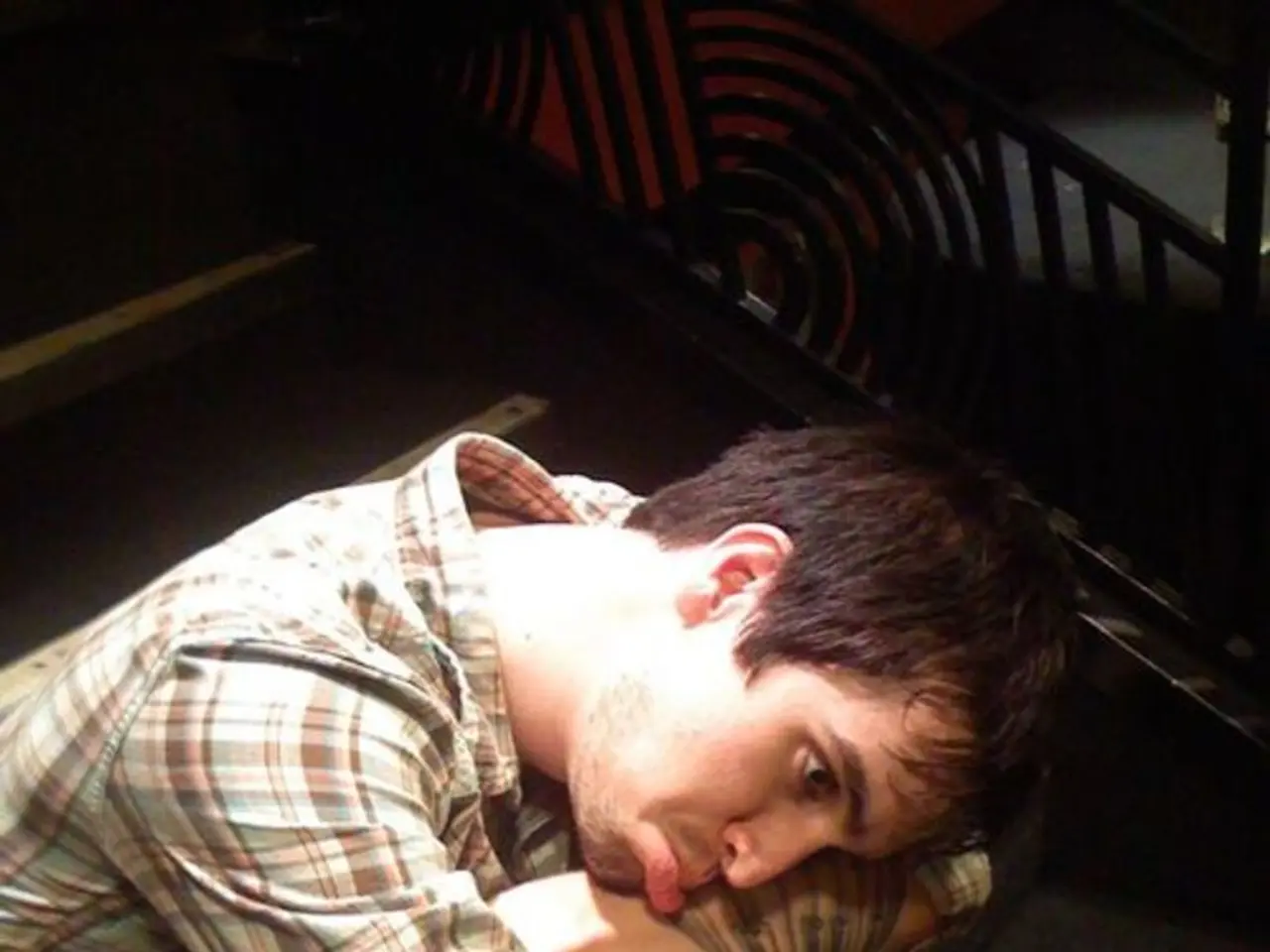Bipolar Depression: Recognizing Symptoms and Available Treatments
In the realm of mental health, bipolar disorder is a lifelong condition that affects millions worldwide. However, with the right treatment, individuals can manage their symptoms and prevent complications. This article offers an overview of the various treatment options available for bipolar depression.
Medication Options -------------------
Medications play a crucial role in managing bipolar depression. Common treatments include mood stabilizers, antidepressants, and atypical antipsychotics. Lithium, a classic mood stabilizer, effectively treats both manic and depressive episodes, reducing suicide risk, albeit with side effects such as increased thirst and urination, weight gain, tremors, and cognitive dulling.
Anticonvulsants like valproate are also used as mood stabilizers, while atypical antipsychotics, such as lurasidone and quetiapine, are effective for both mania and bipolar depression, with side effects including sedation, weight gain, metabolic changes, and extrapyramidal symptoms.
Antidepressants are used cautiously due to the risk of mood destabilization and potential manic switches. Combination therapies, such as the combination of olanzapine and fluoxetine, are sometimes used for quicker and more effective treatment, particularly in acute phases.
Other medications, such as short courses of benzodiazepines and electroconvulsive therapy (ECT), are options for severe or treatment-resistant cases, especially those with psychotic or catatonic features.
Therapy Options ---------------
Psychotherapy, or talk therapy, is often recommended alongside medication to treat bipolar disorder. Transcranial Magnetic Stimulation (TMS), a non-invasive procedure using magnetic pulses to stimulate brain areas involved in mood regulation, shows promising results for bipolar depression patients who do not respond well to medications.
Psychosocial and psychiatric support, including cognitive behavioral therapy (CBT), psychoeducation, group therapy, and family therapy, are essential for improving coping skills, managing stress, and ensuring medication adherence, all crucial for maintaining mood stability.
A Potential Side Effects Summary ----------------------------------
Each treatment option comes with its own set of side effects. Common side effects of Lithium include thirst, urination, weight gain, tremors, and cognitive dulling. Anticonvulsants like valproate may cause weight gain, tremor, gastrointestinal upset, and liver enzyme changes. Atypical antipsychotics can lead to sedation, weight gain, metabolic syndrome, and extrapyramidal symptoms. Antidepressants pose the risk of mood destabilization and manic switches. Benzodiazepines may lead to sedation and a risk of dependence, while ECT may cause temporary memory loss, headaches, and muscle aches. TMS, on the other hand, typically causes only mild headache or scalp discomfort during treatment.
In conclusion, bipolar depression treatment is highly individualized, frequently involving mood stabilizers and atypical antipsychotics as the foundation, supplemented by therapies like TMS and psychotherapy for holistic management and stabilization of mood cycling. With the right treatment, individuals with bipolar disorder can lead fulfilling lives, managing their symptoms and minimizing the risk of complications.
*This article is intended for informational purposes only and should not be used as a substitute for professional medical advice, diagnosis, or treatment. Always consult with a qualified healthcare provider regarding any questions about your health or condition.*
- Mental health therapies and treatments, such as psychotherapy and Transcranial Magnetic Stimulation (TMS), are often recommended for individuals with bipolar disorder to manage symptoms and improve coping skills.
- Medications like lithium, valproate, atypical antipsychotics, antidepressants, and electroconvulsive therapy (ECT) are common treatment options for bipolar depression, but each comes with its own set of potential side effects.
- In the realm of health-and-wellness, Medicare may cover some of the therapies and treatments for bipolar disorder, depending on the specific plan and diagnosis.
- Depression related to bipolar disorder can be challenging to manage, but with the right combination of therapies and treatments, individuals can lead fulfilling lives and minimize the risk of complications.
- Despite the prevalence of bipolar disorder and the various treatment options available, mental health remains a complex and varied condition, requiring ongoing research and scientific advancements to better understand its causes and find more effective treatments.




